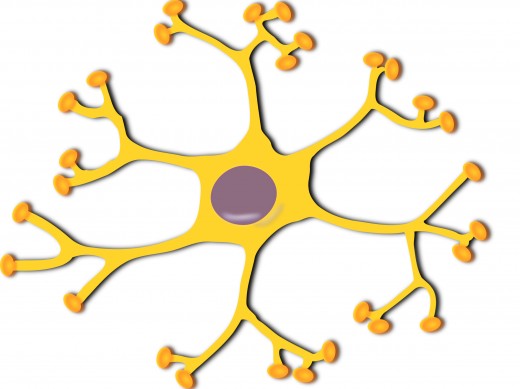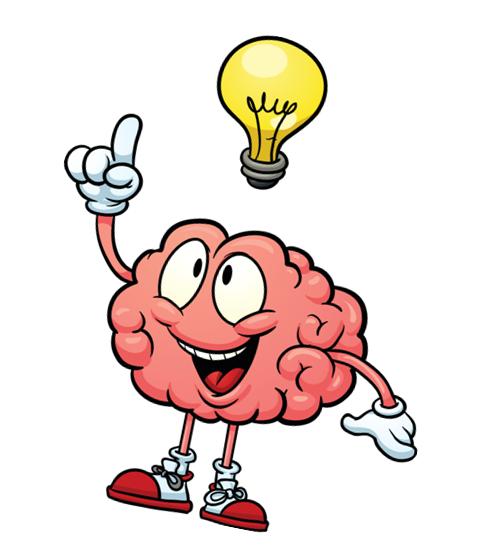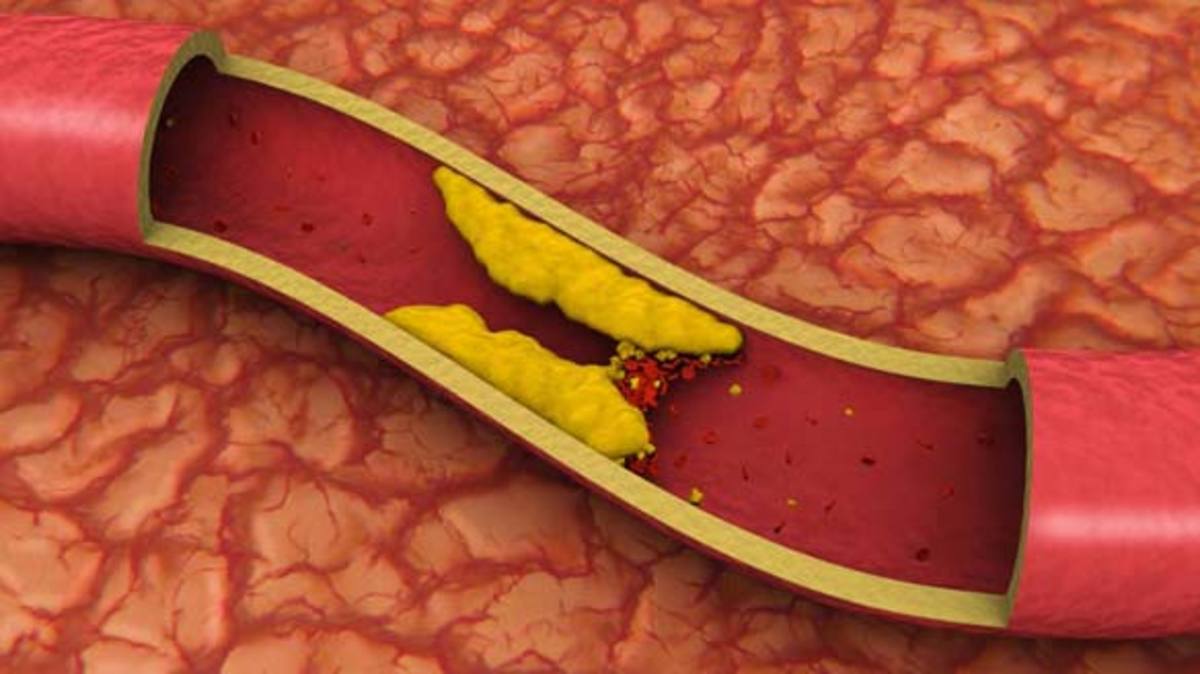The Effects of Sleep
A little sleep goes a long way, especially in our student years. Why is everyone emphasizing the effects of 8 hours of sleep, and how does this affect us students? This article discusses the fundamental causes for our need of sleep and the physiological effect sleep has on our body and mental health.
A common misconception formed about sleep nowadays is that it is solely for the sake of rest and that we can skip it every now and then if convenient. What they don’t realize is that sleep is not only important, but crucial for brain and body functions. During sleep, the body balance and regulates vital systems (e.g. respiratory, growth, immune response etc.), and helps repair and excrete any damages or wastes produced by your body during the day.

Muscles and DNA are repaired during the process of sleep by the production a protein hormone, HGH. HGH promotes the growth, maintenance and reparation of muscles and DNA by facilitating amino acids, which are the building blocks of protein. Dead skin cells are also replaced at this time, thanks to the increased rate of metabolism caused by sleep, which increases the speed of production and deposition of cells. During sleep, the cells and tissues that break down to produce toxic waste then become less active. This gives the chance for broken-down tissue to be rebuilt. Sleep also gives our body the chance to detoxify our blood. The cells and tissues that break down and produces toxic wastes to contaminate our bloodstream are less active while we are in a state of inactivity, thus giving the body a chance for flushing out the toxins and rebuilding the tissues.
Are you sleep deprived?

If all of the above does not alarm you enough, sleep deprivation is the leading cause in heart disease, obesity, diabetes, high blood pressure, an increased chance for strokes, and an increased 12% chance for mortality.
Surprisingly, sleeping showcases more serious effects on the brain rather than on the body. During sleep one-fifth percent of the blood in the body rushes to the brain, starting the process of brain oxidation. Many of the brain functions are also repaired by the production of neurons at night. These neurons replace old or damaged neurons, helping decrease the possibility of Alzheimer’s and Parkinson’s diseases. During day time when brain activity is most active, the brain breaks down a lot of energy to support its function thus producing large amounts of adenosine as waste material. As the adenosine accumulates, it reminds your brain that it is time for you to go to bed. The glymphatic system helps clear the adenosine by using cerebral spinal fluid to flush the adenosine out and clean the pathway for the vertebrate and the central nervous system. If this adenosine is not cleared out thanks to sleep deprivation, major nervous system pathways may be blocked, causing a slowed response time, lack of concentration, and even brain damage.
Sleep deprivation is not a thing to be toyed with especially when referring to the brain. This deprivation may lead to an irregular secretion of hormones, moodiness, depression, and even death. The side effects of this may not show when a person is in the early stages of sleep deprivation, but people who have stayed awake for periods longer than 2 days have reported hallucinations, inability for their pupils to focus, concentration lost, loss of the sense of touch, and an increased paranoia. Although the injuries done to the brain by occasional sleep deprivation can be restored by several good night’s sleep, consistent sleep deprivation will lead to permanent damage done to the brain and body alike.
Why Do We Sleep
an all-nighter for an exam? Chances are, by staying up all night to study, you are more likely to get a lower grade than if you had slept. The average human forgets 40% of the information stored in their short-term memory within the first 20 minutes. This process, also known as the forgetting curve, is the cause for which we never seem to memorize new information. So how does sleep have a part to play in memorization? When you’re sleeping, the short-term memories stored in your neurons are moved to the hippocampus, where they are transformed into long-term memories. Sleep helps strengthen the neuron in that cortical area, and thanks to neuroplasticity, new synaptic buds are formed, allowing new collections between neurons and strengthening the neural network, where the information will returned as a long-term memory. The biggest contributor to this process is a good night’s sleep, since during the four different stages of sleep, the brain releases four different electrical impulses. These impulses connects the brain stem and the hippocampus, acting as relay stations, helping constantly reactivating the communication between the cortex and hippocampus, driving the short-term memory in the neurons into the long-term memories of the hippocampus. From all the facts listed above, it can be safe to assume that our memories are much better when we have a sufficient night of sleep.

So, in a nutshell, sleep is extremely important for both your mental and physical health. Be sure to remember these facts on the effects of sleep the next time you have a late night's sleep or no sleep at all.







